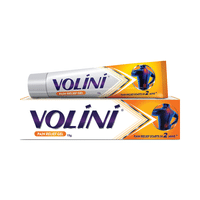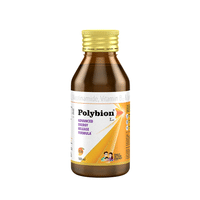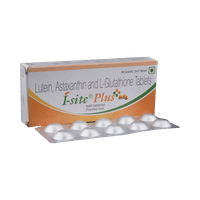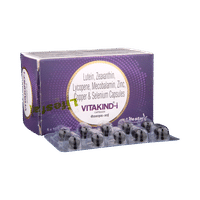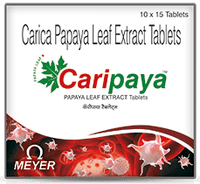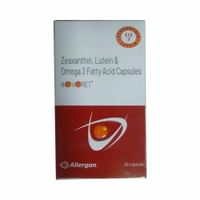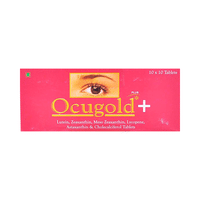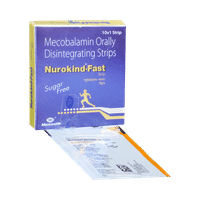Nasovac-S4 Vaccine
Rs.1542for 1 box(s) (1 Intranasal Spray each)
food interaction for Nasovac-S Intranasal Spray
alcohol interaction for Nasovac-S Intranasal Spray
pregnancy interaction for Nasovac-S Intranasal Spray
lactation interaction for Nasovac-S Intranasal Spray
food
alcohol
pregnancy
lactation
No interaction found/established
No interaction found/established
Nasovac-S4 Vaccine is highly unsafe to use during pregnancy. Seek your doctor's advice as studies on pregnant women and animals have shown significant harmful effects to the developing baby.
UNSAFE
Nasovac-S4 Vaccine is probably safe to use during breastfeeding. Limited human data suggests that the drug does not represent any significant risk to the baby.
SAFE IF PRESCRIBED
SALT INFORMATION FOR Nasovac-S NA Intranasal Spray
Live Attenuated Influenza Vaccine(NA)
Nasovac-s intranasal spray uses
{med_name} is used to prevent influenza (flu).
How nasovac-s intranasal spray works
Live vaccines use a weakened (or attenuated) form of the virus that causes influenza. Because these vaccines are so similar to the natural infection that they help prevent, they create a strong and long-lasting immune response.
Common side effects of nasovac-s intranasal spray
Nasal discomfort, Nasal congestion (stuffy nose), Sneezing, Runny nose, Chills, Facial swelling, Fever, Headache, Fatigue, Joint pain, Muscle pain, Irritability, Sore throat, Cough, Wheezing, Nausea
SUBSTITUTES FOR Nasovac-S Intranasal Spray
No substitutes foundExpert advice FOR Nasovac-S Intranasal Spray
- Live Attenuated Influenza Vaccine takes about 2 weeks for protection to develop after vaccination.
- Tell your vaccination provider if the person getting the vaccine Is younger than 2 years or older than 49 years of age.
- Inform the vaccination provider If the person getting the vaccine Has had an allergic reaction after a previous dose of influenza vaccine, or has any severe, life-threatening allergies.
- Tell your vaccination provider if the person getting the vaccine has a cochlear implant.
- Tell your vaccination provider if the person getting the vaccine has taken influenza antiviral medication in the last 3 weeks.
- Tell your vaccination provider if the person getting the vaccine is 5 years or older and has asthma.














